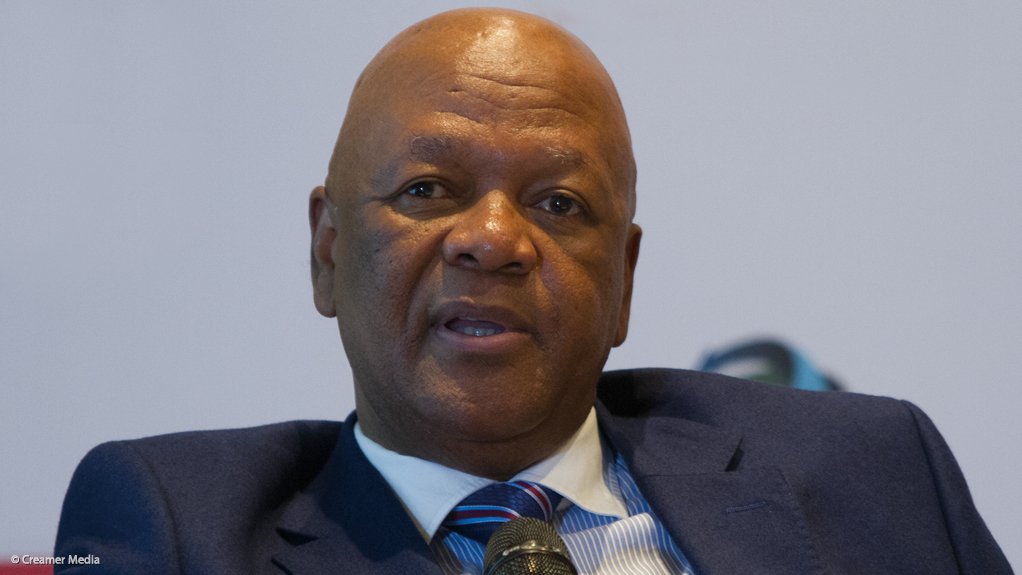Government was on course to achieve most of the targets set in its Medium-Term Strategic Framework, adopted in 2014 to support its National Development Plan vision, with progress made in education and skills development, health and safety, as well as security, said Planning, Monitoring and Evaluation Minister Jeff Radebe on Friday.
Speaking at a media briefing in Pretoria, he highlighted that this “steady progress” had been achieved despite the tough economic conditions South Africa was facing.
“The global economic crisis has affected economic growth in our country over the past four years, prompting a deceleration in the rate of economic growth. This is coupled with the ongoing relative underperformance of the domestic economy, prompting government to lower its . . . gross domestic product expectations,” he pointed out.
The Minister highlighted that was a “mixed bag” of successes and challenges during the past quarter, noting that while government had scaled up interventions to combat HIV infections and increased access to antiretroviral treatment, which marked areas of good progress in health, the education sector still faced the Annual National Assessment (ANA) crisis, while rural development and land reform were also lagging.
“Basic education remains a priority area. ANA is critical for diagnosingidentifying and measuring the literacy and numeracy of learners, addressing identified weaknesses and ensuring that we lay a good foundation for our children’s education. Government and labour are committed to strengthening ANA and teacher development,” he said.
Radebe added that progress in land acquisition and using newly allocated farms and communal land for production had been slow. “There are indications that this is owing to inadequate support services, prevailing drought conditions and . . . using . . . fallow communal land for livestock grazing . . .
“Government implementation programmes are being reviewed and strengthened to resolve some of these issues”, he said, adding that a reduction in the percentage of households vulnerable to hunger had decreased from 11.5% in 2011 to 11.4% in 2014, narrowing the inequality gap on access to food.
Radebe noted that good progress was being made in safety and security regarding the reduction of the overall levels of serious crime. This included achieving 67.3% of case dockets for contact crimes that were ready for trial against an initial target of 65%.
“The conviction rate for trio crimes, including house robbery, carjacking and business robbery, was 85%,” the Minister highlighted.
Meanwhile, Radebe pointed out that slow economic growth was also lagging employment growth: “Despite some progress in increased employment with year-on-year comparisons, overall employment growth remains low and insufficient to absorb the high level of new and existing entrants into the labour market.”
The unemployment rate increased to 26.4% in the first quarter of this year, he added.
“We are not admitting any defeat. The issue(s) of the lack of adequate economic growth cannot be solely placed at the doorstep of South Africa because we are not an island. We are part of the global economy. The genesis of the crisis started in 2008 and we are affected by what happens around the world. When the global economies sneeze, we catch a cold here in South Africa.”
EMAIL THIS ARTICLE SAVE THIS ARTICLE
To subscribe email subscriptions@creamermedia.co.za or click here
To advertise email advertising@creamermedia.co.za or click here











